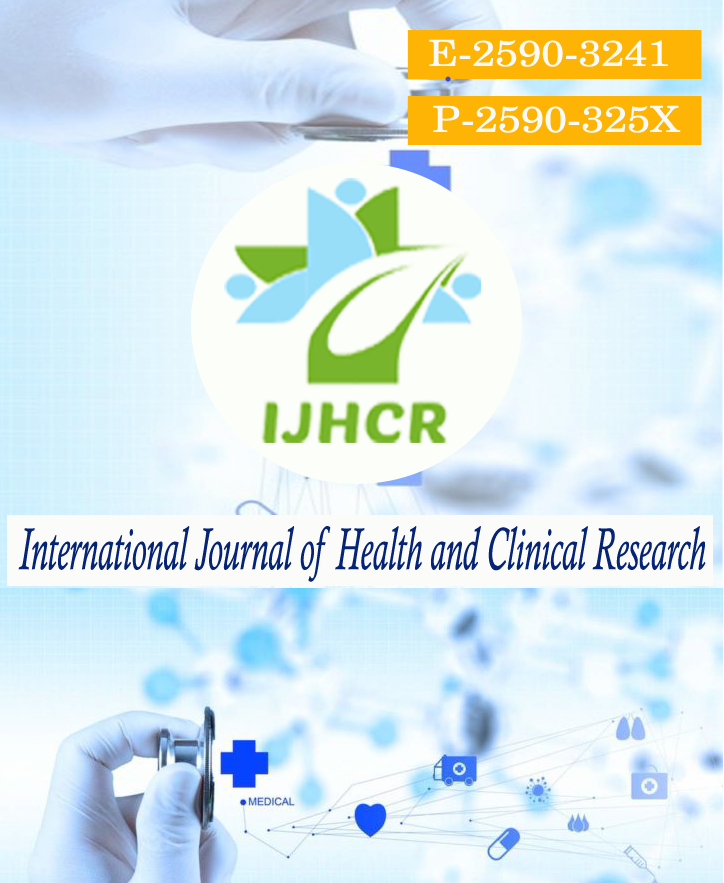
International Journal of Health and Clinical Research
Yazarlar: Rohit Singh, Anna Javed, Roohi Sharma
Konular:-
Anahtar Kelimeler:Preterm,Mechanical ventilation,Acute Respiratory distress syndrome.
Özet: Background:Respiratory distress syndrome continues to be the most important pulmonary problem during the neonatal period. The present study was conducted to assess outcome of acute respiratory distress syndrome in premature babies in mothers on antenatal corticosteroids.Materials & Methods:56 premature babies to mothers who received antenatal corticosteroids of both genders were included. Newborns were classified based on their gestational age into 3 groups. Group I had newborns of 26–28 weeks, group II with 28–32 weeks, and group III with 34 weeks. Parameters such as incidence of RDS, the requirement of continuous positive airway pressure (CPAP), mechanical ventilation, and need for surfactant were recorded. Results: Group I had 4, group II had 30 and group III had 12 newborn. 2, 24and 2 received 1 dose ACS and 2, 25 and 10 received 2 doses ACS, 4, 30 and 12 needed oxygen support, 3, 9 and 4 developed RDS, 0, 15 and 5 needed CPAP, 4, 16 and 3 needed mechanical ventilation and 4,21 and 5 required surfactant in group I, II and III respectively. The difference was significant (P< 0.05). Pre term babies developed RDS were 26 out of which 24 survived and 2 died and preterm babies with RDS who received surfactant were 30 out of which 25 survived and 5 died. Conclusion: Two doses of ACS 24 hour apart can decrease the incidence of RDS, the need for mechanical ventilation, and increased survival rate of preterm.